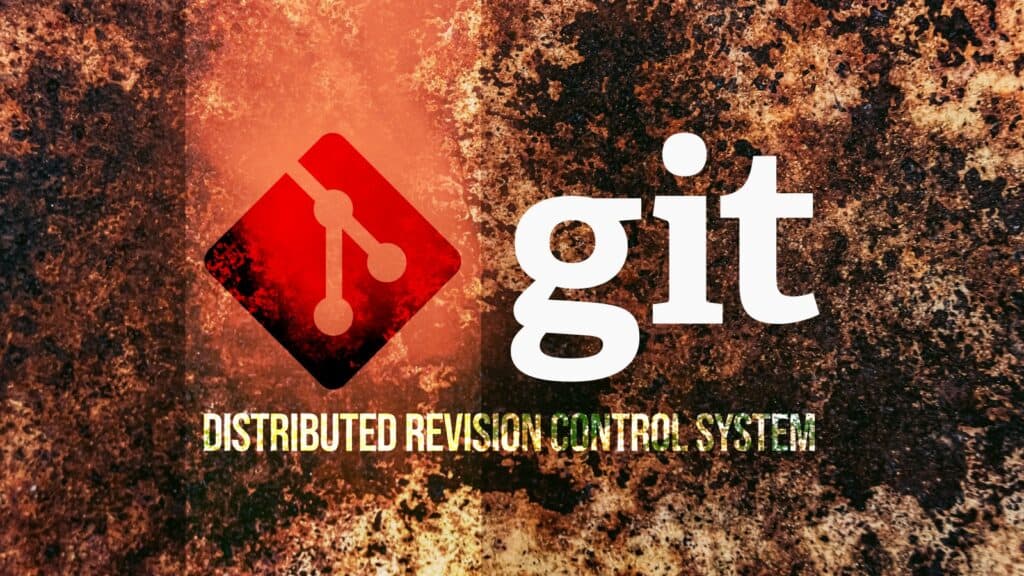Rust has already become a major part of the build chain for countless open-source projects, even making its way into the Linux kernel. And now, another cornerstone of software development—Git itself—is getting ready to adopt it too.
A recent proposal on the Git mailing list has opened the door to one of the most significant technical shifts in the project’s history: making Rust a mandatory dependency starting with Git 3.0.
An RFC, submitted by Patrick Steinhardt, lays out a two-step plan. First, Rust support will be introduced into Git’s build system through Meson, ensuring the integration process is consistent across different environments.
Then, with the release of Git 3.0, Rust would become a hard requirement, meaning it would no longer be possible to build Git without it.
To prepare for this change, new CI jobs labeled as “breaking-changes” would be created. These jobs will help identify incompatibilities early, ensuring that Rust-based components don’t break existing workflows.
The RFC stresses a gradual transition, giving both developers and users time to adapt before Rust becomes unavoidable.
If accepted, the proposal would align Git with a broader industry trend: bringing memory safety and modern tooling into critical infrastructure. However, making Rust mandatory could also impact packaging, distribution, and contributors who currently depend on C-only environments.
For now, discussion is ongoing within the Git community. What is clear is that Git 3.0 is shaping up to be more than just another release, probably marking the beginning of a new era for the project’s codebase.

If rust becomes a hard dependency for git, then git will be forked.
Rust should never be a hard dependency and only used if it is detected on system, same with any supposed new and upcoming language that sounds cool. Next they’ll be wanting a.i support baked into a perfectly good and capable setup.
AFAIK taht’s exatcly the case here: Git already supports Rust as an optional dependency, they’re now planning to make it mandatory and they’re not rushing it.
From one of the patches:
+* Git will require Rust as a mandatory part of the build process. While Git
+ already started to adopt Rust in the Git 2.52, all parts written in Rust are
+ optional for the time being. This includes:
++
+ ** Subsystems that have an alternative implementation in Rust to test
+ interoperability between our C and Rust codebase.
+ ** Newly written features that are not mission critical for a fully functional
+ Git client.
Now, comparing adoption of Rust (which could be extremely useful in avoiding a whole familiy of security vulnerabilities) to adoption of AI (which IMNSHO is useless 99% of the time) makes you sound like a troll, I would advise you not to use such extreme comparisions.
> which could be extremely useful in avoiding a whole familiy of security vulnerabilities
At the same time removing support for architectures and OSes not covered yet by Rust – including those without a clean, non-cross bootstrap path!
That will be fun!